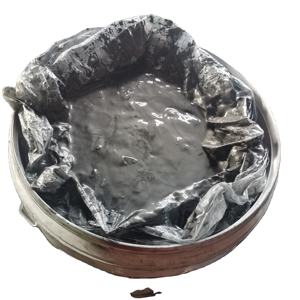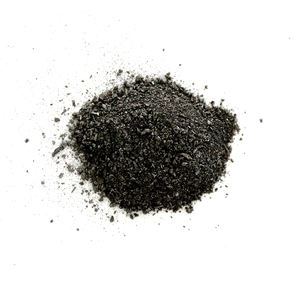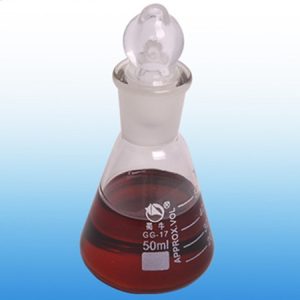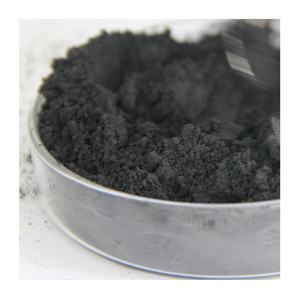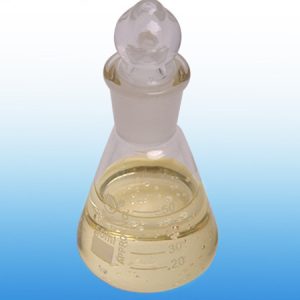One-stop lubrication solution | Discover the way to smoothness | Infomak
**The Secret Life of Engine Oil: How Industrial Lubricants Keep the World Running**
(Whole Petrochemical Products Industrial Lubricant Engine Oil)
Think about the last time you drove a car or watched a factory machine roar to life. Hidden inside those movements is a hero you rarely notice: engine oil. It’s not just slippery stuff in a bottle. Industrial lubricants are the quiet guardians of machinery, fighting friction, heat, and wear to keep everything from trucks to turbines alive. Let’s pull back the curtain on these unsung champions.
First, engine oil isn’t just oil. It’s a cocktail of science. Modern lubricants mix base oils with additives that do everything from cleaning gunk to stopping rust. Imagine tiny molecules working like microscopic bodyguards. They coat metal parts, cushioning them as they smash against each other thousands of times a minute. Without this shield, engines would grind to a halt in hours.
Why does this matter? Machines are everywhere. Factories, power plants, ships, even wind turbines rely on industrial lubricants. Take a cement plant. Giant crushers and kilns operate in scorching heat. Normal oil would break down. Industrial-grade lubricants handle extreme temperatures, keeping gears turning smoothly. Or picture a cargo ship crossing the ocean. Saltwater and humidity attack every surface. Special marine lubricants fight corrosion, ensuring engines survive years at sea.
But here’s the twist: not all oils are the same. A car’s engine oil isn’t fit for a jet turbine. Industrial lubricants are tailored for their jobs. High-pressure hydraulics need oils that won’t compress. Food factories use non-toxic lubricants in case of accidental contact with products. Even renewable energy depends on them. Wind turbine gearboxes, perched hundreds of feet in the air, use lubricants that last for years without maintenance.
How do these oils stay effective? Additives are the magic. Detergents clean sludge. Anti-wear agents form protective layers. Viscosity modifiers keep oils stable in cold or heat. Think of it like a superhero team. Each additive has a role, and together they stop engines from self-destructing.
People often ask, “Why not use cheaper oil?” The answer is simple: cutting corners costs more. Low-quality lubricants fail faster. Machines overheat, parts wear out, and downtime skyrockets. A single engine rebuild can cost thousands. Good lubricants stretch equipment life, save energy, and prevent breakdowns. It’s like choosing between a flimsy umbrella and a stormproof jacket. One works better when things get rough.
Now, let’s talk innovation. The lubricant industry isn’t stuck in the past. Scientists cook up bio-based oils from plants, reducing environmental harm. Synthetic lubricants, built molecule by molecule, outperform traditional oils in extreme conditions. Even tiny sensors now monitor oil health in real time, predicting when to change it. This isn’t your grandpa’s engine oil.
(Whole Petrochemical Products Industrial Lubricant Engine Oil)
The next time you see a truck rumble by or hear a factory humming, remember the lubricants inside. They’re not just greasing gears. They’re solving problems, saving money, and silently powering the world. From the deepest mines to the highest skies, industrial lubricants are the invisible force that keeps progress moving.
